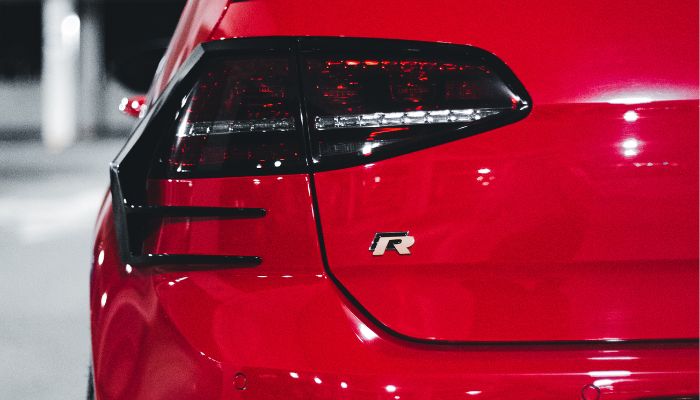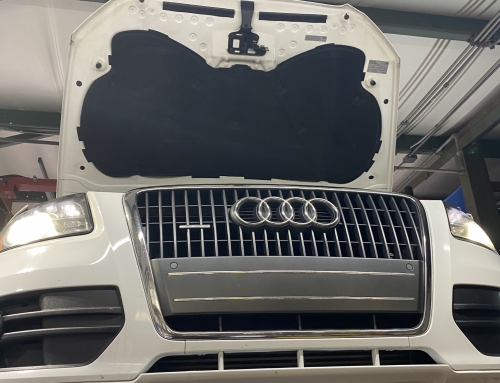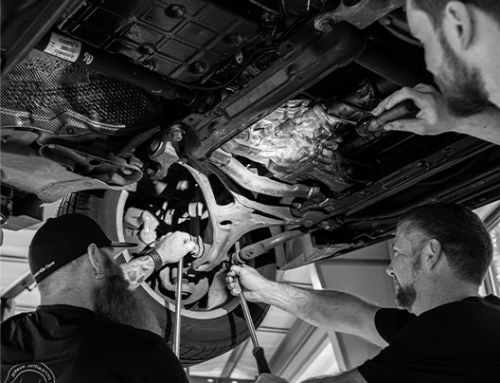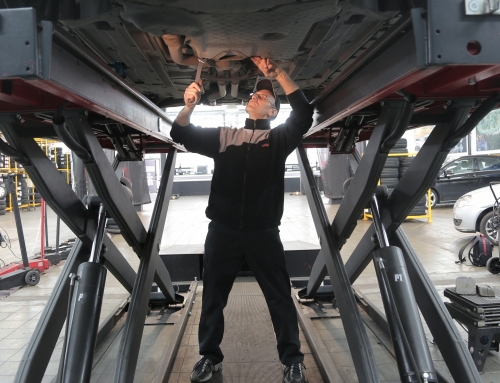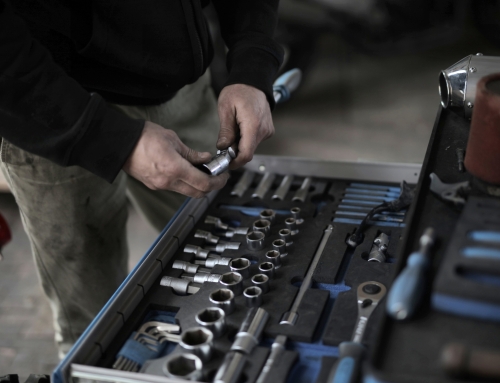The Check Engine Light on your Volkswagen is an important tool to help you maintain your car for as long as possible. The Ottohaus of Charleston Volkswagen Repair Shop regularly sees customers with Check Engine Light concerns. Let’s learn more about this vital system indicator and what to do if yours flashes suddenly at you.
What Does the Check Engine Light Really Mean?
While most may assume the Check Engine Light means an engine problem is occurring, this is one of only several issues that can be at work. The Check Engine Light (CEL) is actually part of your high-end Volkswagen’s onboard diagnostic computer system. Many parts of your car report detected problems to this system, and your Volkswagen system warns you of pending trouble by switching on the light.
Your CEL could be triggered by:
- Engine problems
- Transmission problems
- Other powertrain problems
- Brake problems
- Electrical problems
- Exhaust problems
- Computer/sensor problems
- Safety equipment problems
Your Volkswagen CEL has two stages:
- Solid indicator light – this means there is a problem or developing problem you should address soon. Most auto manufacturers recommend only driving the car no more than 100 miles before having the vehicle checked out.
- Blinking indicator light – a blinking light indicates a serious, even possibly catastrophic, problem, and you should pull over immediately and shut off the car. Arrange for a tow to Ottohaus of Charleston for a diagnosis of the problem and repairs.
Most Common Causes for a Volkswagen Check Engine Light
Knowing now what the CEL indicator really means, you realize that virtually any problem can trigger it. Here are the most common causes for a Volkswagen Check Engine Light and what you should do next.
Loose Gas Cap – A loose or faulty gas cap can trigger the CEL. Turn off the car and remove it, then replace it. Restart the car and see if the light is gone. If not, see a VW specialist.
Faulty Oxygen Sensor – This is an emissions problem and can be a dirty or faulty sensor. A specialist needs to check the sensor, clean it, or replace it.
Catalytic Converter – this device is an important part of your car’s emissions system and cannot be checked by the owner. See a Volkswagen Repair Shop like Ottohaus of Charleston for a professional diagnosis to see if this is the problem.
Old or Faulty Spark Plugs – these essential objects provide the necessary spark to keep your engine running smoothly. Old or dirty plugs can misfire and trigger the CEL. A VW technician can check them and replace them if needed.
Engine Overheating – if your engine is running too hot, it can lead to many serious problems and even irreparable damage. If your car’s thermostat shows excessive heat, stop the car, shut it off, and have it towed to Ottohaus as soon as possible.
Should I Drive My VW with the Check Engine Light On?
If your Check Engine Light comes on and stays on, something serious is happening, but you are likely not in real danger of causing irreparable damage. Do not operate the car any more than necessary to get it to us at Ottohaus of Charleston for a diagnosis and repair.
If your CEL begins flashing on and off steadily, pull over as quickly and safely as possible, turn off the car, and arrange a tow to the nearest Ottohaus location.
We are the Charleston, SC, area’s best Volkswagen Repair Shop, and we have the technicians and equipment to diagnose the problem and make repairs quickly. Contact us by phone or online today when you need Volkswagen service in the Low Country.
